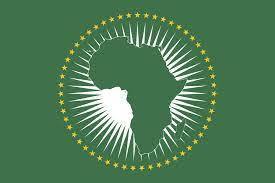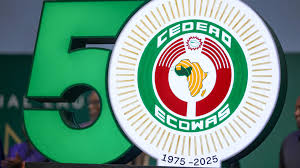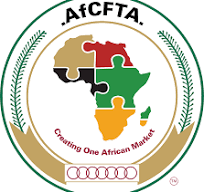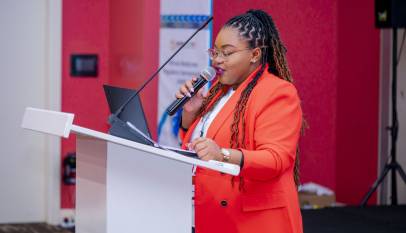INTERVIEW: “Media’s role very critical in Open Government Partnership process”
Abayomi Akinbo is the national coordinator of Open Alliance Nigeria, a coalition of 105 civic organisations focused on the Open Government Partnership (OGP) in Nigeria
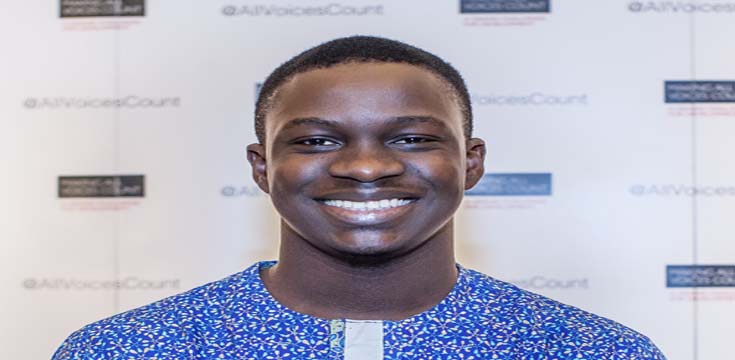
What is Open Alliance Nigeria about?
Open Alliance Nigeria is a coalition of 105 civic organisations focused on the Open Government Partnership (OGP) in Nigeria; the member organisations are spread across the country; it started with just about 6 Civil Society Organisations (CSOs) that met and decided that Nigeria needed to join the OGP process.
Thus, they looked at the membership criteria for joining the OGP which are to do with access to information, public disclosure of assets, citizen engagement, and fiscal transparency. At the time Nigeria didn’t meet these requirements but by 2014 Nigeria had met all these requirements thus was eligible to join the OGP process.
Therefore, they commenced advocacy geared towards motivating the Nigerian government to join the process, trying to make the government see reason why the country should join the OGP. The previous government started buying into the idea and when there was a transition in 2015, and the Buhari administration came into power we faced a little draw back in our advocacy.
However, we continued with the advocacy and also increased the membership of the Open Alliance until May 2016 when President Buhari finally made a declaration that Nigeria would join the global OGP process, while speaking at the London anti-corruption summit.
Before then the Open Alliance had already drafted a National Action Plan (NAP) therefore when the government decided to join the OGP process and knowing fully well that one of the major policy thrusts of the administration is the campaign against corruption, we made the government understand that the principles of the OGP were also in alliance with its anti-corruption policy. We thus brought forward our draft NAP for them to look at it.
In June 2016, following the president’s declaration, Nigeria, through the office of the Attorney General of the Federation sent a letter of intent to the OGP global secretariat and thus became the 70th member of the global OGP community. Between June and December of 2016, we finalized work on the National Action Plan (NAP), alongside relevant Ministries, Departments and Agencies (MDAs). The document was eventually submitted to the OGP secretariat in Paris and since January 2017, Nigeria has been working to implement the NAP.
So, Open Alliance started the OGP process in Nigeria, and it has remained part of it since the inception of the process; we are now working with relevant civic organisations to take the OGP down to the level of states. Open Alliance is working in partnership with the OGP secretariat as well as civic organisations in states that have shown interest in the OGP process such as Kaduna, Kano and Ebonyi and we are planning to do same in Niger to ensure we take the message of OGP to all the nooks and crannies of the country. We are also working with development partners like the DFID-funded Partnership to Engage, Reform and Learn (PERL) programme to engage with the media on the OGP process.
The OGP process is built around the principle of co-creation i.e state and non-state actors working together to achieve openness and transparency in governance towards effective service delivery. How far have you gone in implementing the OGP process in Nigeria?
The OGP is an alliance between the government and the civil society which also includes the private sector and the media – mainstream civil society organisations can’t do it alone. As such, CSOs and the government are working collectively to educate and engage the citizens on the process. For example, BudgIT is working on budget tracking and making budgets open and accessible to the people.
The Public and Private Development Centre (PPDC) is working around tracking of procurement process; African Centre for Leadership, Strategy and Development (Centre LSD) is working on citizens’ engagement while Media Rights Agenda (MRA) is working on access to information. Yet, all these organisations need the media to be able to reach the citizens because anything you are doing if the citizens do not know about it then you are not going to make any impact.
The end goal of the OGP is to improve service delivery, improve the standard of living of the citizens by improving government-citizens relations. And since the CSOs represent the interest of the citizens, we are trying to make the government understand and see them as equal partners while we also engage and educate the citizens through the media. We are trying to make the citizens understand what the OGP stands for and how it will help improve their lives.
How critically-important is the role of the media in the OGP process including monitoring of the progress of the National Action Plan in Nigeria?
The role of the media is huge; the media is the fourth estate of the realm and is part of the civil society. The media has the capacity to track the OGP commitments by conducting investigative reporting on specific commitment areas which will help create awareness about the issues among the people.
Therefore, the role of the media is at par with that of the CSOs: while the CSOs have data and advocacy tools, the media has the voice to project the issues as such, journalists can write stories and produce documentaries based on the data. So, the work of the CSOs and that of the media need to be harmonized in tracking and reporting on the progress of the National Action Plan.


